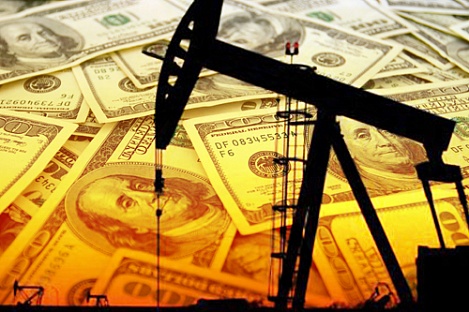What stands behind Trump’s call to lower oil prices?

By Trend
Rising crude oil prices on world markets mean rising gasoline prices for US consumers and President Trump prefers falling prices for US motor drivers for obvious political reasons, Francis Perrin, Senior Fellow at the Policy Center for the New South (Rabat) and at the French Institute for International and Strategic Affairs (IRIS, Paris) told Trend.
Trump, in the latest in a series of tweets about oil prices since April 2018, wrote on Monday: "Oil prices getting too high. OPEC, please relax and take it easy. World cannot take a price hike - fragile!"
A Gulf OPEC source told Reuters that OPEC and its allies will stick with their agreement to cut oil supply, pushing for more adherence despite a demand by US President Donald Trump that the producer group ease its efforts to boost crude prices.
"There is a great deal of subjectivity in President Trump's
statements. Any level of oil prices can be considered as too high
by someone and too low by another. On 27 February Brent price was
about $66 per barrel. It is of course higher than about $53-54/b at
the end of 2018 and much higher than less than $30/b at some point
of January 2016 but it is much lower than the level of more than
$100/b (and often more than $110/b) between 2011 and the end of the
first half of 2014. The average level of Brent prices over the past
five years, from 2014 to 2018, was $64/b. The present price is thus
not particularly high as compared with this recent period," said
Perrin.
He said President Trump does not like to see rising oil prices and
that is the case since the beginning of this year. "Brent price
increased by more than 20 percent since December 31 last year.
Rising crude oil prices on world markets mean rising gasoline
prices for US consumers and President Trump prefers falling prices
for US motor drivers for obvious political reasons."
The expert pointed out that the situation of the US is rather
complex as far as oil prices are concerned because this country is
at the same time the world's leading oil producer and the leading
oil consumer.
"Higher oil prices are good for the US oil industry but rather
bad for some other sectors of the US economy. President Trump is
stressing, especially since 2018, that it wants to protect the US
economy and US consumers from high oil prices," he added.
Perrin said OPEC does not of course want prices which are too low
but it does not like prices which are too high.
